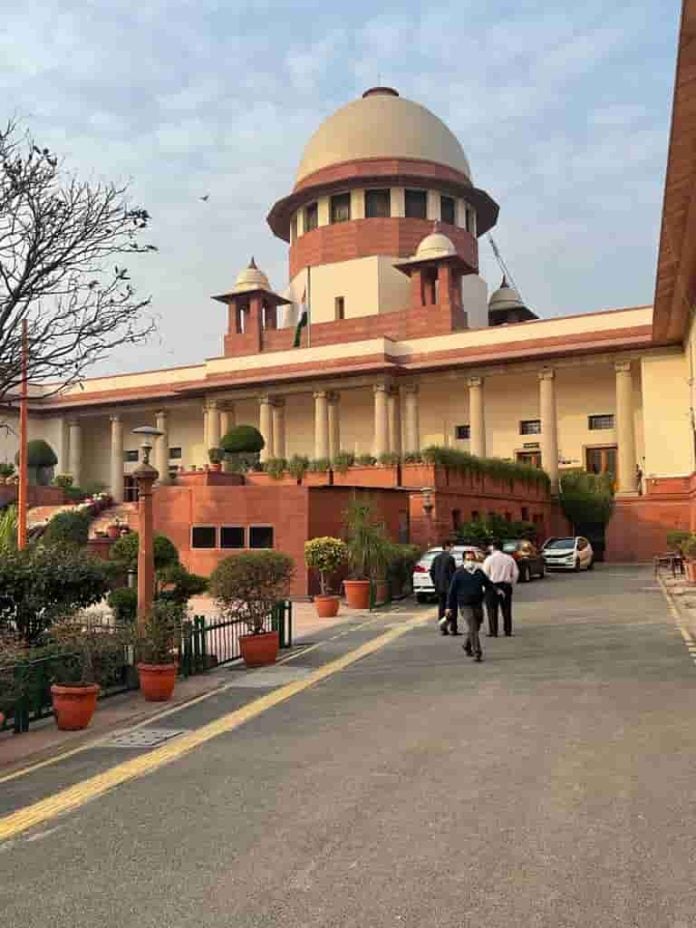The High Court of Kerala has rejected the petitions filed by two persons hailing from Andhra Pradesh, who were arrested under the Unlawful Activities (Prevention) Act for their alleged links with the terrorist organisation CPI (Maoists).
Noting that the offences alleged against them were of a ‘grave and serious’ nature, the Division Bench of Justice Alexander Thomas and Justice C.S. Sudha denied bail to the accused.
The High Court, while taking in view the material which showed the alleged involvement of accused number 5 & 6 in the activities of CPI (Maoist), ruled that they cannot be granted bail.
It further noted that if granted bail, there was a serious likelihood of the accused either remaining absconding or fleeing away from the long arm of the law, since the terrorist organisation had presence in different States.
The National Investigation Agency (NIA) had registered an FIR against the accused for offences punishable under Sections 18, 18A, 18B, 20, 38 & 39 of the Unlawful Activities (Prevention) Act and Section 120B of the Indian Penal Code.
NIA alleged that the accused were allegedly radicalising the youth and persuading them to join the terrorist organisation. They were further accused of recruiting members to Dalams, the armed wing of the CPI (Maoist), in Wayanad area.
The national agency further alleged that the accused provided training to the youth, with the aim of posing a threat to the unity, integrity and sovereignty of India.
The Special NIA court had refused bail to the accused under Section 439 of CrPC.
The accused challenged this order of the Special NIA court before the High Court under Section 21(4) of the NIA Act, 2008.
NIA was represented by DSG, Advocate S. Manu, along with Advocate K.S. Prenjith Kumar, while Advocate K.S. Madhusoodanan and Advocate Thushar Nirmal Sarathy appeared for the accused.
The High Court observed that CPI (Maoist), in all its formations and frontal organisations, would fall under the definition of a terrorist organisation under entry 34 of the First Schedule of the UAPA.
The Bench, while noting that the accused ‘indulged’ in the acts of advocating or advising or facilitating the commission of certain acts preparatory to the commission of a terrorist act, as understood in Section 18, ruled that anyone trying to recruit another person to become a member of the organisation, including its armed wing or any of its front organisations, would be criminally liable under Section 18B of UAPA.
It further took in view the fact that the accused allegedly created fear among the locals by entering villages in Maoist uniforms carrying arms, raising anti-national slogans against the State, distributing pamphlets and pasting posters for the spread of Maoist ideology.
The High Court observed that these acts of the accused would amount to promoting and encouraging terrorism, adding that the material on record showed that the ingredients of offences under Sections 18 (Punishment for conspiracy) and 20 (Punishment for being member of a terrorist gang or organisation) of the UAPA were met.
It said the alleged actions of the accused meeting villagers and causing them to believe that the Maoists would address their issues would also be considered as offences falling under sub-clauses of either clause (a) of Section 39(1) or clause (c) of Section 39(1) of UAPA.
The prosecution further relied on the statements of five Protected Witnesses, who were former members of the organisation and had agreed to co-operate with the case against the accused.
The Bench further took note of the prosecution’s submission that if the accused were to be released on bail, there was every likelihood that they would either threaten or endanger the protected witnesses.
(Case title: Chaithanya vs Union of India)


